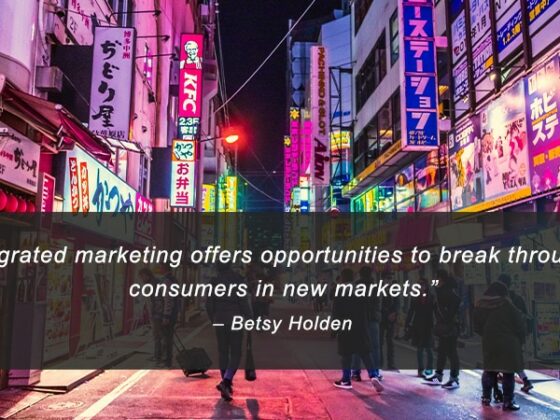Anthony: What’s the state of the industry when it comes to owners, real estate, brands, management companies? We’re on a tightrope. It’s so much more expensive to run hotels. Land, taxes, payroll. It’s a nightmare. All right. It’s so hard. And you saw that we pushed rates in the last couple of years and people took the rates. So now you have a management company that maybe works for the owner and works within the brand. So you have the ownership, You have the brand, you have the management company. Those three relationships will make or break our industry in the next 10 years. How we work together and how we really understand that, yes, We want more brands. We want new brands. We want great hotels. We want to make money for the investors. But at the end of the day, are we really keeping the soul of our industry? Are we protecting it?
Josiah: In a lot of cases, we are. What’s going well and what’s not going well that needs to be changed as you look at that ecosystem?
Anthony: A lot of senior leadership and the brands are gone. They’re either retiring, or they took a package during COVID. I think a lot of the young people coming up are very smart and very talented, and a lot of them are doing a great job, but you’re losing 15, 20 years of experience all at once in a big percentage, 20, 30, 40, 50 percent of people leaving. So there’s a big “I’ve been there before” gap. I understand that. I’ve seen that before. I smelled that before. I tasted that before. Where you can’t train or teach or, you know, you can be the smartest person in your class, but if you weren’t in that situation. So I think a lot of that knowledge and experience is sitting down. I think with the management companies, a lot of them consolidated. And a lot of management companies are great. They’re fantastic. They know the ins and outs of the business, but they’re dealing with brands that are sometimes a little bit, there’s a little challenge in that relationship. And then you’re putting in general managers sometimes that they showed up on Sunday, they were very nice, they never called in sick, and they did a really good job and they’re nice to everyone, but do they know how to run a business? I would always just say to watch out for is make sure that We are getting away from training people on computers. We have to get people in hotels. We have to give them real life experience. So if I work in the corporate office of a brand new hotel, it would be a requirement to work in a hotel. Even if they have the job for six months, okay, now for a week or two weeks you’re going to go work in a hotel. You can’t beat that. I mean, how many times have I been in an IT meeting with technology people or a PMS salesperson and I’m like, who wrote the software? Oh, really smart guy. Do you work in a hotel? No. Why don’t we have a room change key? What’s a room change? So, just being sensitive to what goes on every day, making sure that people, the brand level, and I think in large part that’s happening. Management companies, the same thing. Because we’re so desperate to hire people, we’re putting people in over their heads, and that’s fine. I always say, bite off more than you can chew, then chew it. I’ve always been in over my head. I have no idea what I’m doing 90% of the time. I walked into the set, never knew. I cried the first day. I walked into this hotel, two weeks later, I’m crying. There’s never a job I took that I wasn’t crying in tears because I was so over my head. But make sure you put somebody that’s durable in that position so when they are in over their head, they’re like, okay, let me figure this out, not give up. because you will be in over your head if you’re taking over. So we have to be careful. We have to be mindful of technology’s great. We’re living in, I know this seems horrible and almost unbearable to say, but we are living in the best times ever because of medical, because of technology. And yes, there’s horrible wars and horrible tragedy going around the world. How are we going to use this technology, for better or for good? And so I just think if we continue to look people in the eye and say, how you doing? I’m not a guy that, like if I’m running a house, I’m not a guy who goes, how was the football game last night? I don’t care. I’m like, how are you? Do you have what you need? Is the manager treating you well? No. Well, yeah. No, no. What’s the matter? I’m not going to get in trouble. What’s the matter? What do you need? What do you need? What do you need? That’s how you help people. You don’t help people by asking people how the football game was last night. In my life, there’s not enough time to sit in the cafeteria for five hours talking about kids and pictures. And I want to know, what do you need to be successful in this job? That’s my job. So I think as long as every, whether it be brands, management companies, or operations, everybody’s really looking people in the eye and saying, what do you need? What people don’t understand is when you say no to them, they’re okay with that. Give them the why. We don’t give people the why. We have to change this number. Why? We have to change this uniform. Why? We have to deal with this new person. Why? Tell people the why. Almost everyone can understand the why. They just want to be informed. They want to feel like you’re listening to them.





